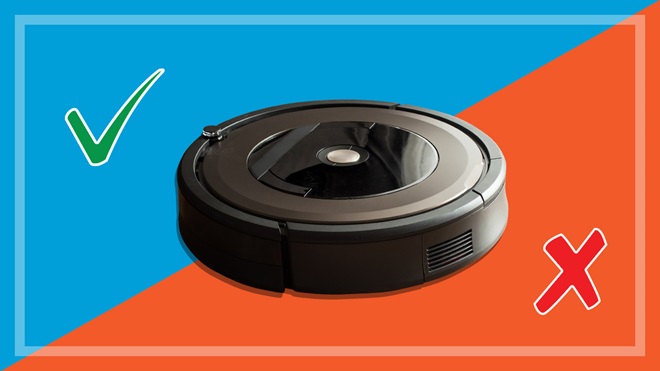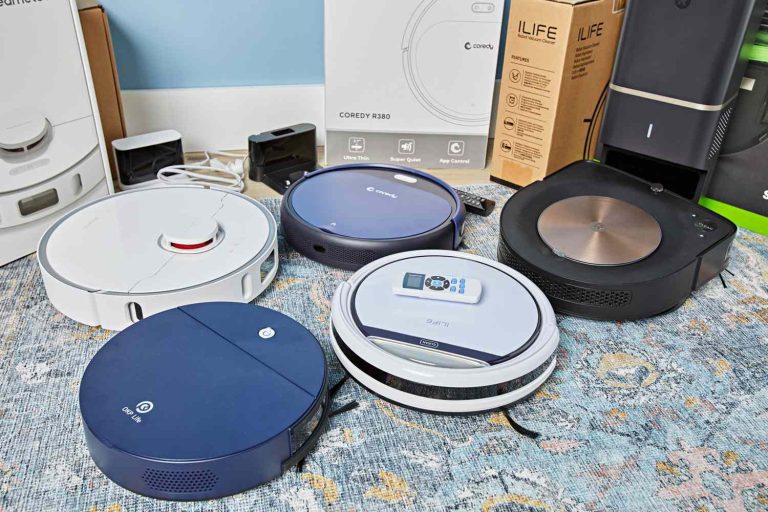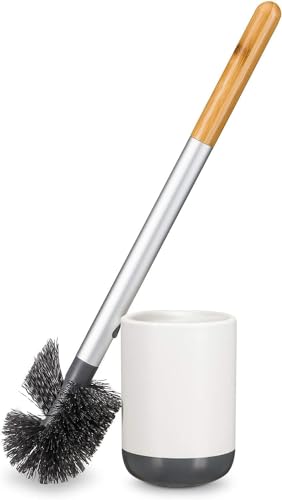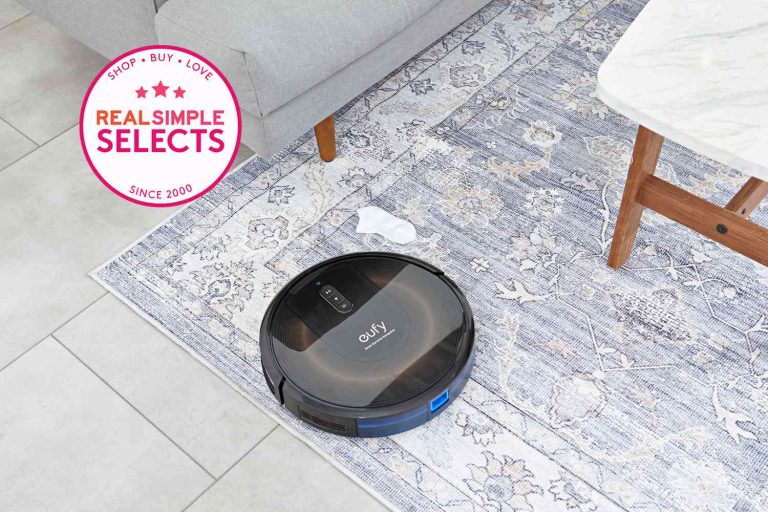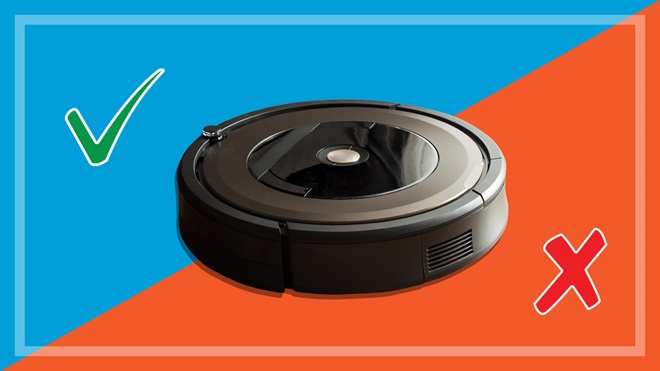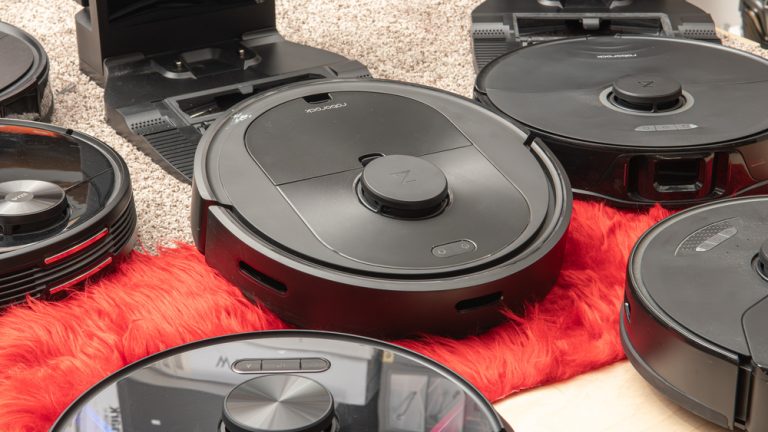Are Robot Vacuums Worth the Money
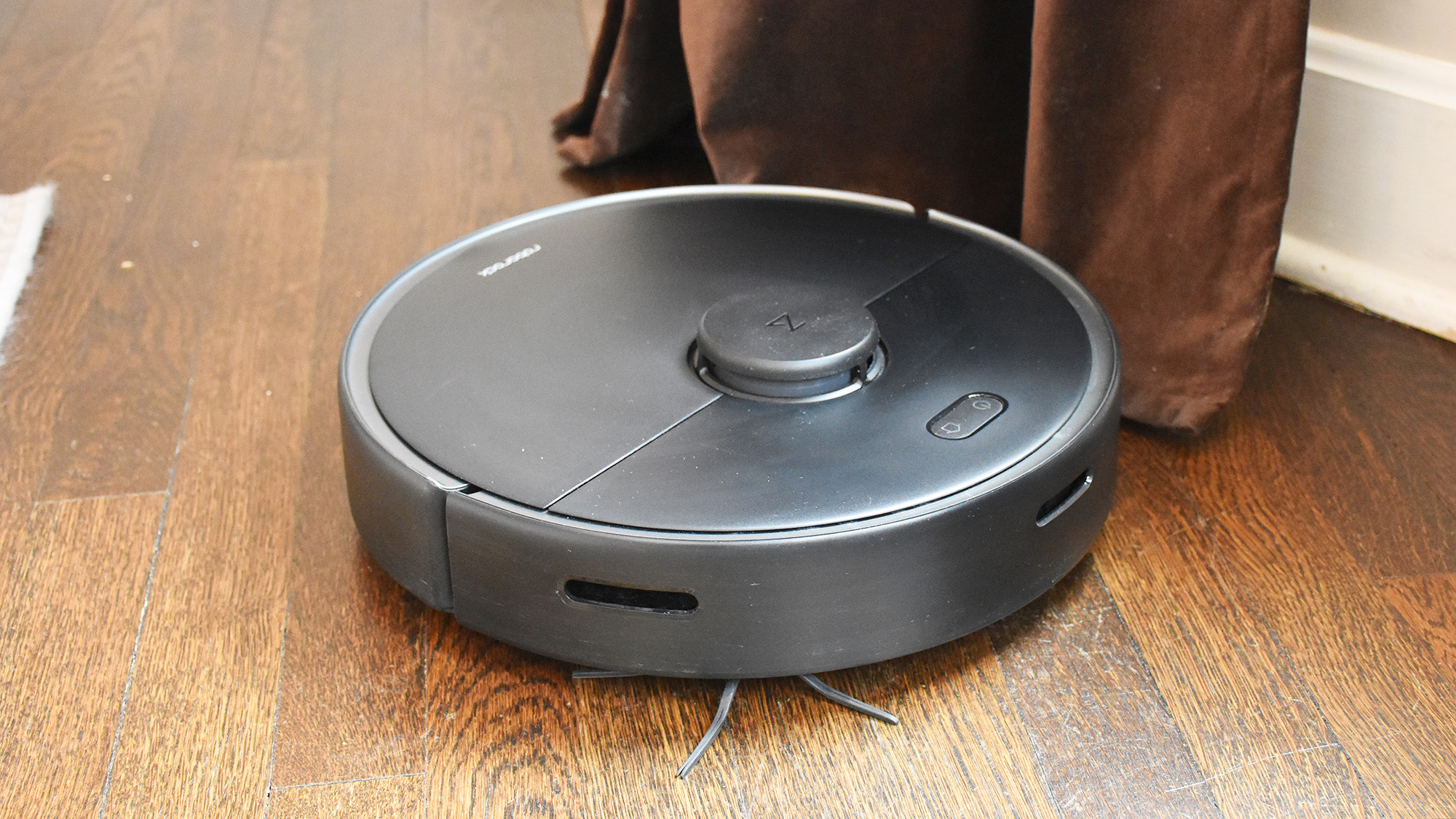
Robot vacuums can be worth the money for their convenience and time-saving capabilities. Their effectiveness varies based on the model and home setup.
Robot vacuums have surged in popularity as a high-tech solution for the daily chore of cleaning floors. These automated assistants entice with the promise of less physical effort and the appeal of technological novelty. Whether you value a dust-free home without the manual labor or simply love the latest gadgets, a robot vacuum delivers.
They cater to a range of budgets and feature set preferences, with advanced models mapping your home for more precise cleaning paths. Ideal for maintaining cleanliness between deeper cleanings, these devices often become an integral part of people’s routine. The convenience factor alone can justify the investment for busy individuals or those who struggle with mobility. As smart home technology evolves, so does the capability of these robotic helpers, making them increasingly efficient time savers.

Credit: www.choice.com.au
Introduction To The World Of Robot Vacuums
Robot vacuums sweep into our homes with promises of easy cleaning.
These clever gadgets navigate your space and suck up dirt, powered by sensors and algorithms.
Their journey is fascinating, moving from high-end novelty items to accessible household tools.
Assessing their value requires a look at your needs and their efficiency, convenience, and price.

Credit: www.youtube.com
Analyzing The Benefits Of Robot Vacuums
Robot vacuums save time, offering hands-free cleaning and the freedom to do other activities. Many models can clean your house quickly and without help. This means you can relax while your robot vacuum cleans.
Traditional vacuums are often less efficient due to manual operation. In contrast, a robot vacuum uses sensors and algorithms to cover all areas. So, your floors get cleaned thoroughly with less effort.
Most robot vacuums now come with advanced smart features. They can easily integrate with home automation systems. With features like scheduling and voice control, cleaning becomes more seamless.
Maintaining a robot vacuum is usually simple. Many can self-charge and have replaceable parts. Over time, they prove to be durable and cost-effective. This makes them a worthy investment for many homeowners.
Considering The Cost Factor
Assessing robot vacuums involves examining initial costs against potential long-term savings. Prices vary widely, with some models available for under $100, while high-end machines may cost over $1000. The value perceived from robot vacuums depends on factors such as frequency of use, durability, and energy efficiency.
Shopping for a robot vacuum means comparing different brands and technologies within your budget. Premium brands often boast advanced features like sophisticated navigation, app integration, and superior suction. Yet, many affordable options provide basic cleaning effectiveness, which might suffice for your needs. It’s crucial to balance upfront expenditure with desired features and expected performance levels.
| Brand | Technology | Price |
|---|---|---|
| Brand A | Basic navigation | $150 |
| Brand B | Advanced sensors | $500 |

Credit: www.ecovacs.com
Limitations And Drawbacks Of Robot Vacuums
Robot vacuums may struggle with complex layouts. They often get stuck on cables or drop-offs. Dark carpets or high thresholds can confuse sensors. Users must prep rooms to avoid mishaps.
Deep cleaning is not on par with traditional vacuums. Most models can’t reach tight corners or along edges. They lack the power to pull debris from thick carpets or rugs.
Their battery life limits cleaning time. For larger homes, they may need mid-clean recharging. This can extend the duration of the cleaning process.
Smart vacuums connect to Wi-Fi, raising privacy concerns. Some fear data collection or hacking. Manufacturers must protect users’ data.
Making The Decision: Are Robot Vacuums Worth It?
Considering your daily life is key when pondering a robot vacuum purchase. Homes with open layouts may benefit more than those with tight spaces. Busy schedules can make automated cleaning a blessing.
Calculating the costs versus traditional vacuuming is crucial. Families with pets or allergies might find robot vacuums more beneficial. Singles or couples might weigh the investment differently. A quick look at the long-term savings on time and manual labor could tip the scales.
| Option | Pros | Cons |
|---|---|---|
| Robot Vacuums | Saves time, Consistent cleaning | Initial cost, Maintenance |
| Manual Cleaning | Control, No tech issues | Time-consuming, Physical effort |
| Professional Services | Deep clean, No personal effort | Recurring cost, Privacy concerns |
Consider other cleaning options like hiring a service or continuing traditional methods. There are trade-offs like cost and personal involvement. Reflect on your specific needs to determine the right choice.
The Future Of Robotic Vacuum Cleaners
The world of robotic vacuum cleaners is evolving rapidly. Smart home integration and advanced sensors are just the beginning. Artificial intelligence (AI) will take cleaning to the next level. Robots will learn from their environment, improving efficiency over time.
Upcoming models promise more power and longer battery life. This means deeper cleaning and less charging. Prices may drop, making technology more accessible to a wider audience.
Environmental concerns are also being addressed. Future devices will boast eco-friendly batteries and recyclable materials. Manufacturers aim to reduce the carbon footprint of their products, considering the full lifecycle impact.
Frequently Asked Questions For Are Robot Vacuums Worth The Money
Is It Worth It To Get A Robot Vacuum?
Yes, getting a robot vacuum can be worth it for efficient, hands-free cleaning, especially for busy individuals or those with mobility issues. They offer convenience and time savings for maintaining clean floors.
What Are The Disadvantages Of Robotic Vacuum Cleaners?
Robotic vacuum cleaners can struggle with stairs and high-pile carpets. They may miss spots, require frequent emptying, and have limited battery life. Navigation issues can arise around obstacles, leading to less thorough cleaning. Some models also have high initial costs.
What Is The Life Expectancy Of A Robot Vacuum Cleaner?
The average life expectancy of a robot vacuum cleaner ranges from 4 to 6 years, depending on usage and maintenance. Regular cleaning and proper care can extend its longevity.
Conclusion
Robot vacuums offer a convenient, hands-off approach to cleaning that can save time and effort. While they represent a significant upfront investment, their long-term benefits in terms of efficiency and ease of use might justify the cost for many. It’s essential to consider individual needs and home environments when deciding. Whether a robot vacuum is worth the money depends on your specific circumstances and cleaning requirements.
